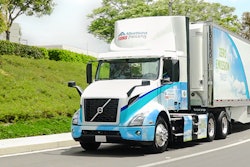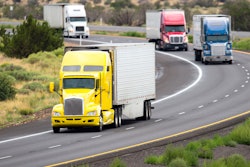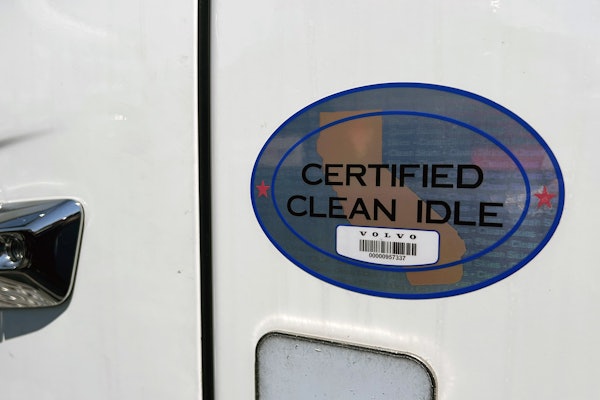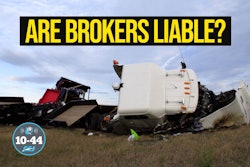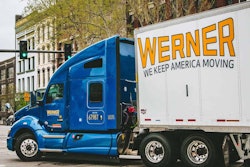Lawmakers ignored a coalition of groups' call to the House Rules Committee early this week to jettison a provision to hike carriers' minimum required liability insurance coverage amount from $750,000 to $2 million. The U.S. House of Representatives passed the INVEST in America Act with that provision intact, as well as a bevy of other trucking-related initiatives.
As also previously reported, the bill if it became law would establish a grant program specifically for state truck parking projects, requiring 90% of funds to be used for actual parking capacity improvements and not for promoting parking availability information.
The Owner-Operator Independent Drivers Association said the passage of the bill favors trial lawyers over the trucking industry and truck drivers with the insurance provision particularly, among other measures.
“It looks like Democrats are seriously concerned about maintaining their majority in the House,” said OOIDA President and CEO Todd Spencer. “By including a massive increase in insurance requirements for truckers in this highway bill, they made a risky political calculation. Rather than producing a bill that supports the hard-working men and women of the trucking industry, they chose to help their most trusted campaign contributors make even more money from suing our members for crashes that most often aren’t their fault.”
The American Trucking Associations, on the other hand, praised the House for passing the legislation.
“By passing the INVEST in America Act, the House has taken a significant step toward enacting the kind of comprehensive infrastructure package our nation needs,” said ATA President and CEO Chris Spear. “The investments in this bill will enable the country to grow, not just economically, but they will improve safety and the environment.”
According to the most recent version of the bill's text that was available, these provisions also survive:
- Trailers: A requirement for stronger rear-underride guards and a study on requiring side-underride guards on new trailers
- Hours: Required safety impact analysis of the variety of exemptions in place in recent history to portions of the hours of service rule, likewise the changes implemented in September of last year.
- Lease-purchases: Establishment of a “Truck Leasing Task Force” to study lease-purchase arrangements
- Detention data: Measures reinforcing need to actually collect data on detention and study such data, as required by the last highway reauthorization, the FAST Act
- Women drivers: Establishment of a "Women in Trucking Advisory Board"
- Training/CSA: Measures intended to push FMCSA ahead on implementation of the Entry Level Driver Training rule and past requirements to revamp CSA's Safety Measurement System in pursuit of a Safety Fitness Determination rulemaking as well as returning CSA SMS scores to public view.
- ELD data: Enabling FMCSA with authority to collect and examine records of duty status for research purposes
- Brokers: Requirements to clarify the distinction between brokers and bona fide carrier agents, and at minimum take a close look at dispatch services and the penalties for illegal brokering
- Drivers on temporary business visas: A DOT inspector general report is directed on the extent to which drivers in the United States on such visas are recruited/utilized by U.S. carriers and operating on U.S. roads
- Automatic emergency braking: The House bill would set the government on a path to requiring these systems and their use for most heavy vehicles
It's unclear as yet how many, if any, of these policy proposals will survive resolving differences with whatever version of this legislation the more closely politically divided Senate comes up with. A bipartisan group there endorsed by the Biden administration agreed to a broad outline last week, skipping over details unlike the House.
[Related: What's the congressional endgame on parking, insurance, more?]


